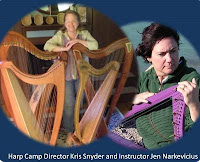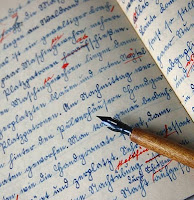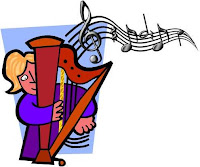Many people think that learning by ear is either very difficult or very pedestrian. Some think it is very difficult because the one or two times they have attempted it, it seemed much harder than just reading dots from a page. Some think it is pedestrian because folk music is often taught by ear and is mistakenly believed to be less complex or of lower difficulty than other types of music. People who go down either or both of these trains of thought are mistaken and they may not have an appreciation for the challenges of learning by ear.
Learning by ear can be very difficult, especially when you’re new to it. Being in your first learning by ear workshop can feel a lot like being in a coffee shop in Bratislava – you can hear the language, but it’s all a mishmash of sound – it means nothing to you, although you recognize it to be speech (trust me – I’ve been in that coffee shop – they are speaking a language, but not one that I know!).
One mistake many people make is to think that learning by ear will be easy. It seems that it should be – after all, you know how to play the harp and your know how to listen. Or do you? Do you know how to listen to the music so that you can learn it?
It is important to listen to the music carefully – and frequently. When I am learning a new tune, I will typically listen to it at least a couple of hundred times (I think it’s about 1000 times, but I usually lose count). The other people in my car only wish I was exaggerating. It is only then that I have heard it enough to have found the tune (and separated it from the harmonies and variations), found the pieces of the tune (the phrases, patterns and other elements), and begun to remember those pieces and how they are linked together. This is especially true if I’m learning a tune from a fiddle player or a piper – they play very fast – I have a hard time listening that quickly!
After all that listening, there’s still a lot of work to be done. We’ll get to that another time. But for now, be gentle with yourself, especially if you’re just learning to learn by ear. Take whatever time it requires (and if you’re paper trained, remember how long it took you to become proficient and then quick at sight reading! Be honest!). And enjoy the new vistas on the music, learning it by ear affords you.



